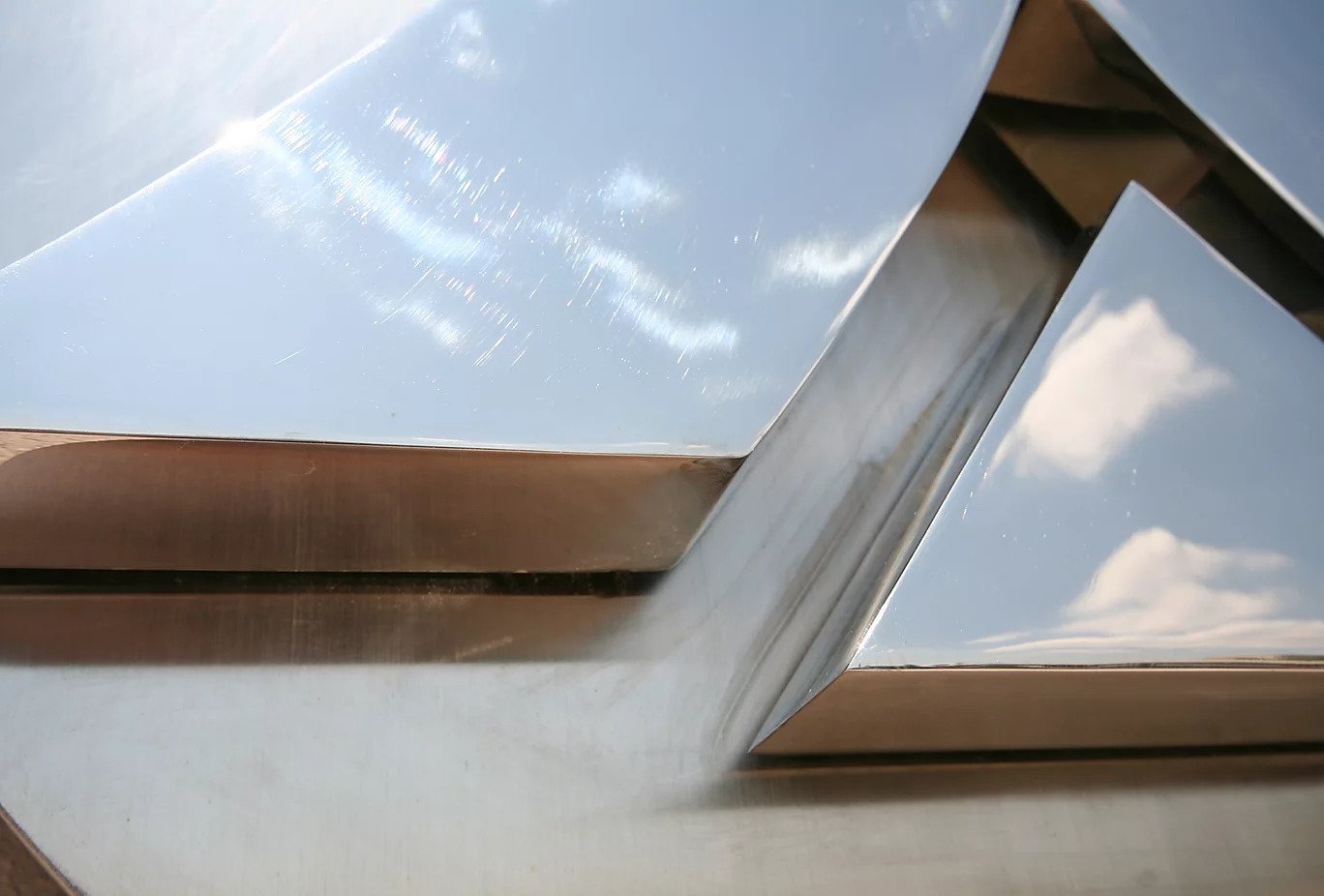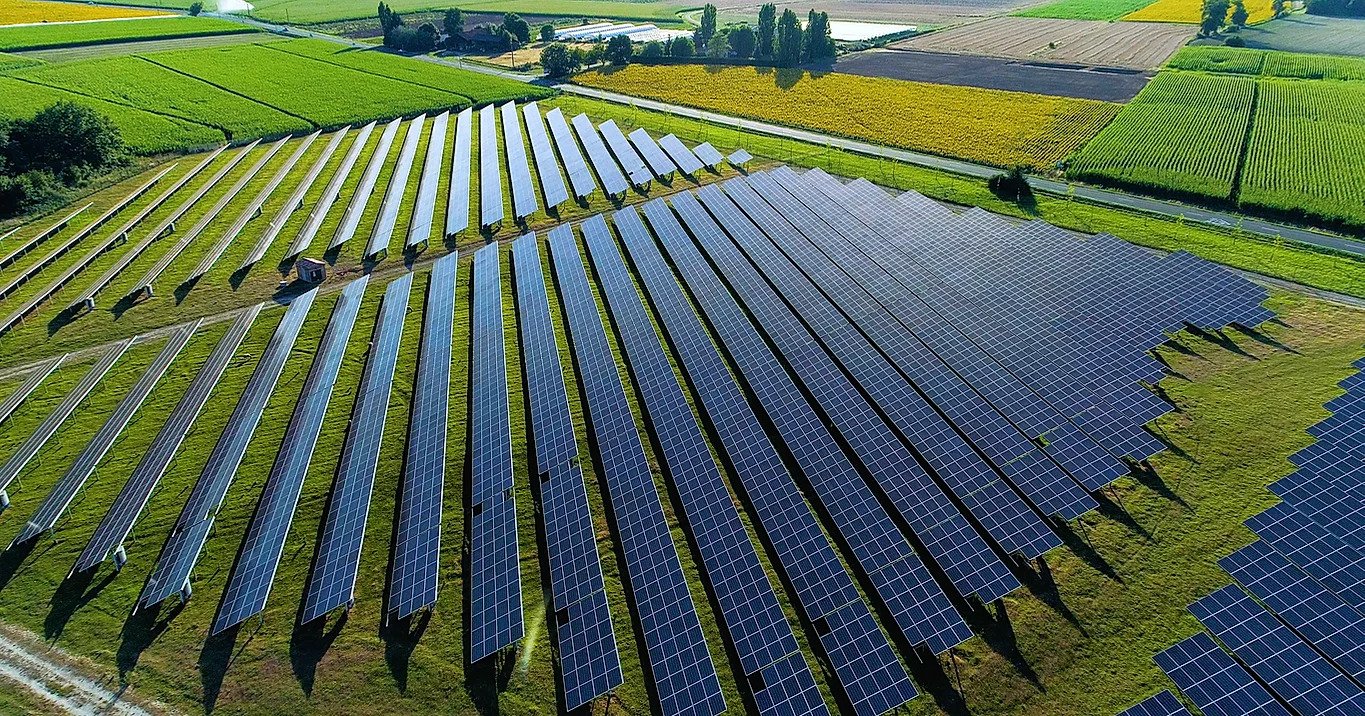-

 Sustainability - Respect EarthScroll DownSustainability - Respect Earth
Sustainability - Respect EarthScroll DownSustainability - Respect Earth
-

Sustainability - It matters how we do it
"For us sustainability is more than a term, it is a concept that requires sense on evironment, society and economy. We seek to design all our processes, products from raw to customer in that manner"
Below 5R form the foundation how we do business today and everyday:
Recycle - We are approaching our zero landfill waste goal day by day.
Remove - We aim to reduce usage of less environmentally friendly materials
Respect - We are planning all our process revenues should be socially justified.
Revenue - We are seeking economic value for society
Reduce - Less carbon print, material, waste, resource, energySustainability - It matters how we do it
"For us sustainability is more than a term,
it is a concept that requires sense on evironment,
society and economy. We seek to design all our
processes, products from raw to customer
in that manner"
Below 5R form the foundation how we do business
today and everyday:
Recycle - We are approaching our zero landfill
waste goal day by day.
Remove - We aim to reduce usage of less
environmentally friendly materials
Respect - We are planning all our process revenues
should be socially justified.
Revenue - We are seeking economic
value for society
Reduce - Less carbon print, material, waste,
resource, energy
-

Sustainability - Respect Earth
What we are doing to reduce our carbon footprint as part of this commitment:
- Greenhouse gas and CO2 emissions reduction by investing in solar energy. The solar power plant produces up to 35% of our energy requirements. Generating electricity with solar power instead of fossil fuels can dramatically reduce greenhouse gas emissions, particularly carbon dioxide (CO2).
- Greenhouse gases, which are produced when fossil fuels are burned, lead to rising global temperatures and climate change. Climate change already contributes to serious environmental and public health issues, including extreme weather events, rising sea levels, and ecosystem changes.
- CO2 emissions reduction by material efficiency Thanks to continuous improvement in quality and reduced tolerances in metal industry, now it is possible to produce crown caps with lower thickness. Special grades of materials allow up to weight savings of 20%. The new lightweight plastic closures technology achieves weight savings of 30%.
- CO2 emissions reduction by decreasing energy consumption Light weighting results in less energy consumption during steel/plastic raw material production and contributes significantly to carbon footprint reduction.
- CO2 emissions reduction by transport optimization Using less material per unit means less weight to be transported from the raw material producer to our plant. Also the caps to be moved from our plant to the bottler will weigh less and result in less fuel consumption.Today 35% of our energy requirement is sourced from
our own solar panels .Sustainability - Respect Earth
What we are doing to reduce our carbon footprint as part of this commitment:
- Greenhouse gas and CO2 emissions reduction by investing in solar energy. The solar power plant produces up to 35% of our energy requirements. Generating electricity with solar power instead of fossil fuels can dramatically reduce greenhouse gas emissions, particularly carbon dioxide (CO2).
- Greenhouse gases, which are produced when fossil fuels are burned, lead to rising global temperatures and climate change. Climate change already contributes to serious environmental and public health issues, including extreme weather events, rising sea levels, and ecosystem changes.
- CO2 emissions reduction by material efficiency Thanks to continuous improvement in quality and reduced tolerances in metal industry, now it is possible to produce crown caps with lower thickness. Special grades of materials allow up to weight savings of 20%. The new lightweight plastic closures technology achieves weight savings of 30%.
- CO2 emissions reduction by decreasing energy consumption Light weighting results in less energy consumption during steel/plastic raw material production and contributes significantly to carbon footprint reduction.
- CO2 emissions reduction by transport optimization Using less material per unit means less weight to be transported from the raw material producer to our plant. Also the caps to be moved from our plant to the bottler will weigh less and result in less fuel consumption.